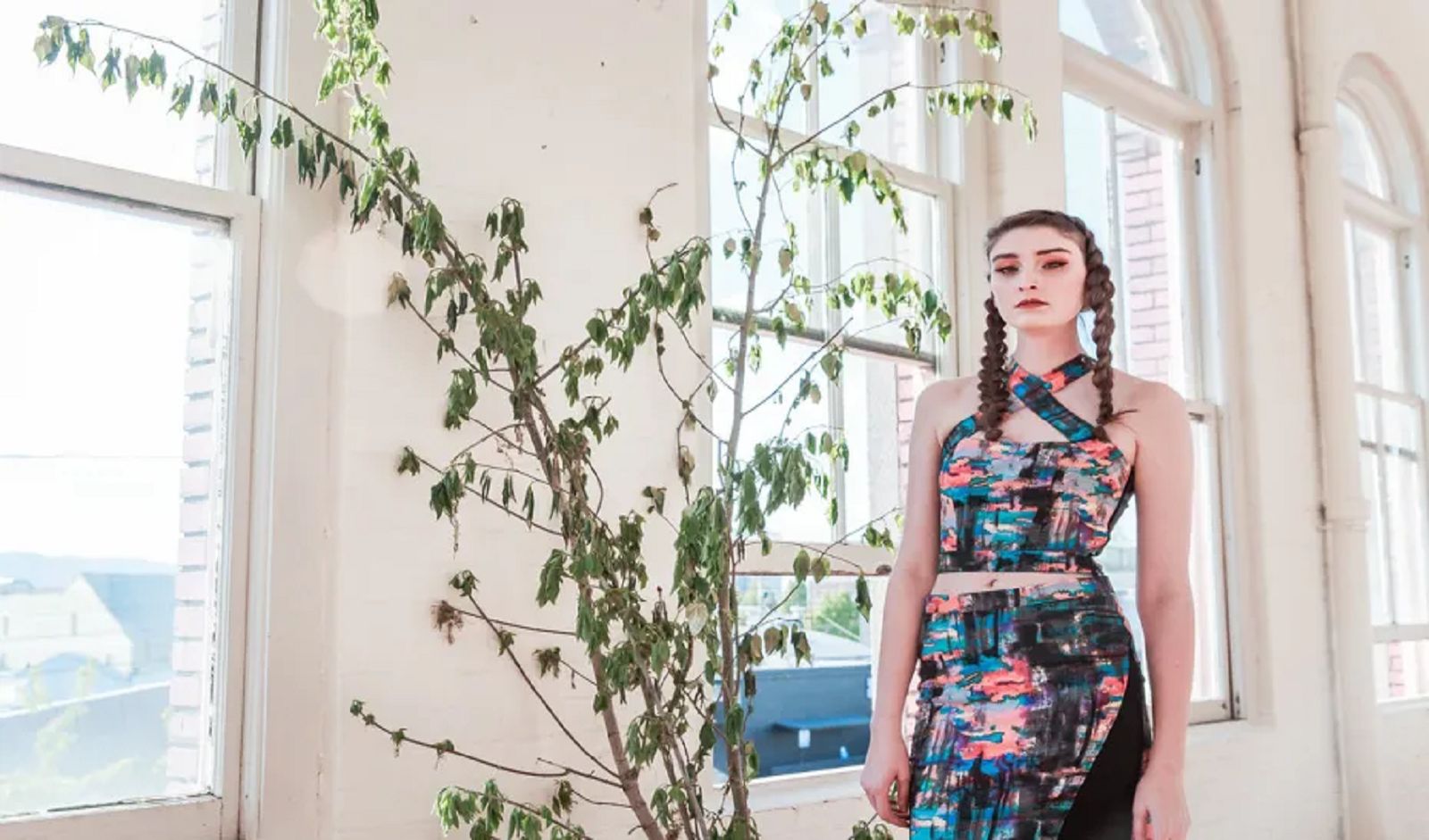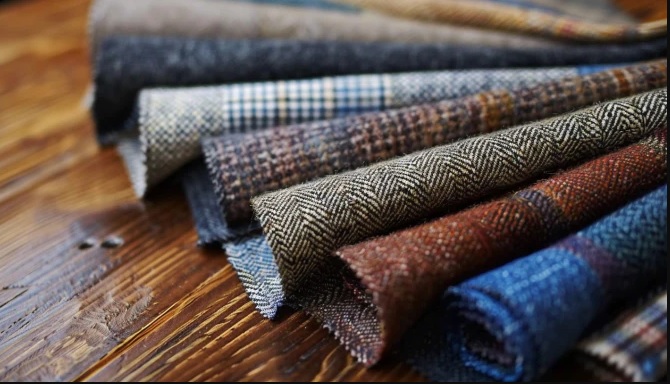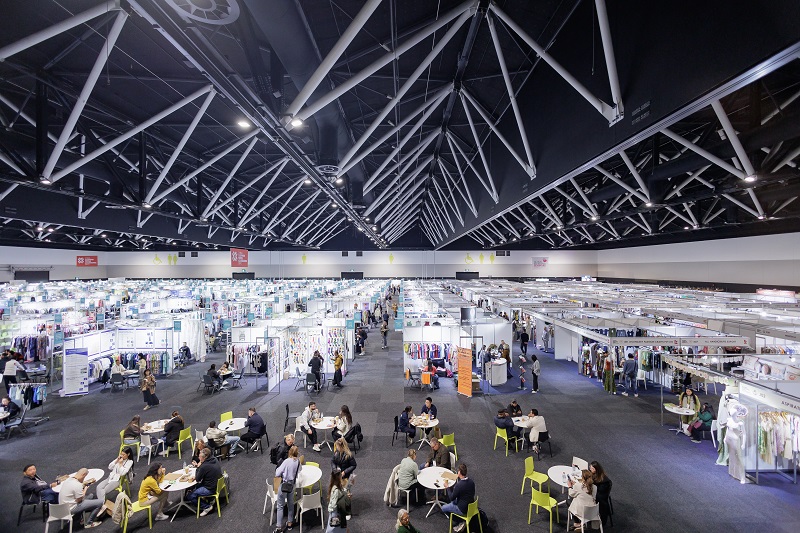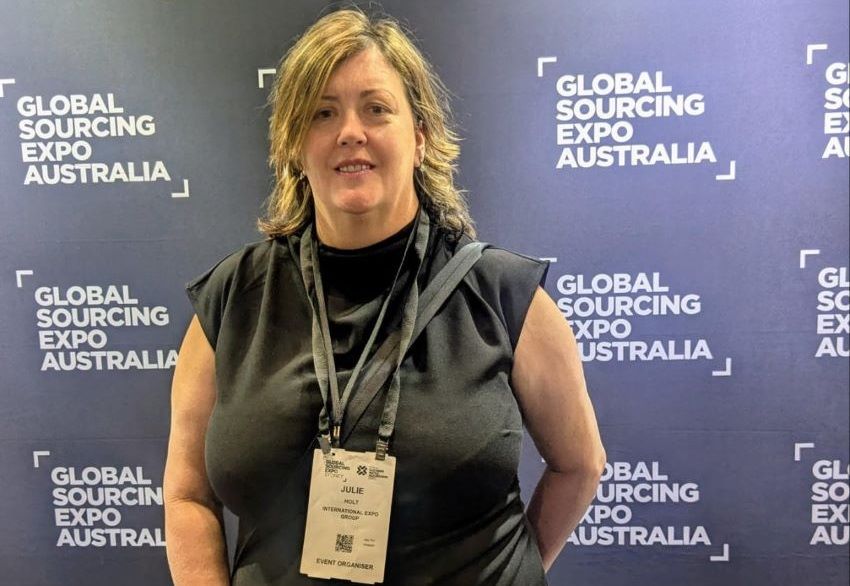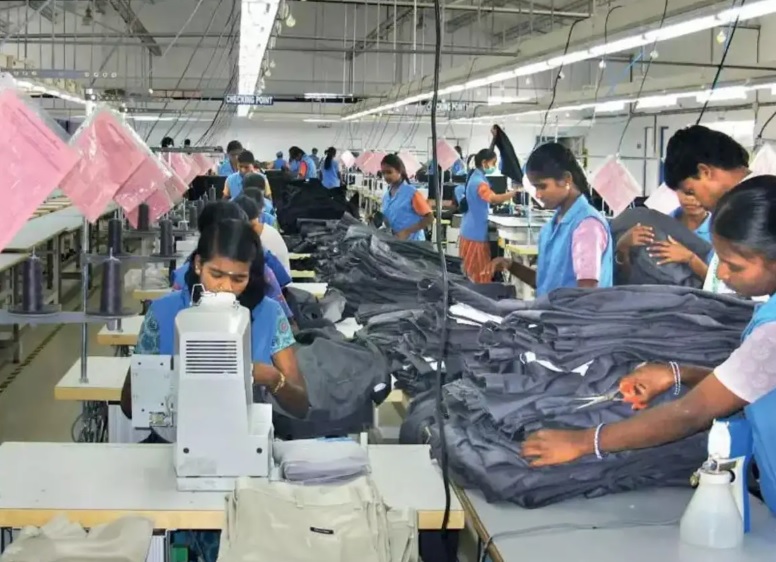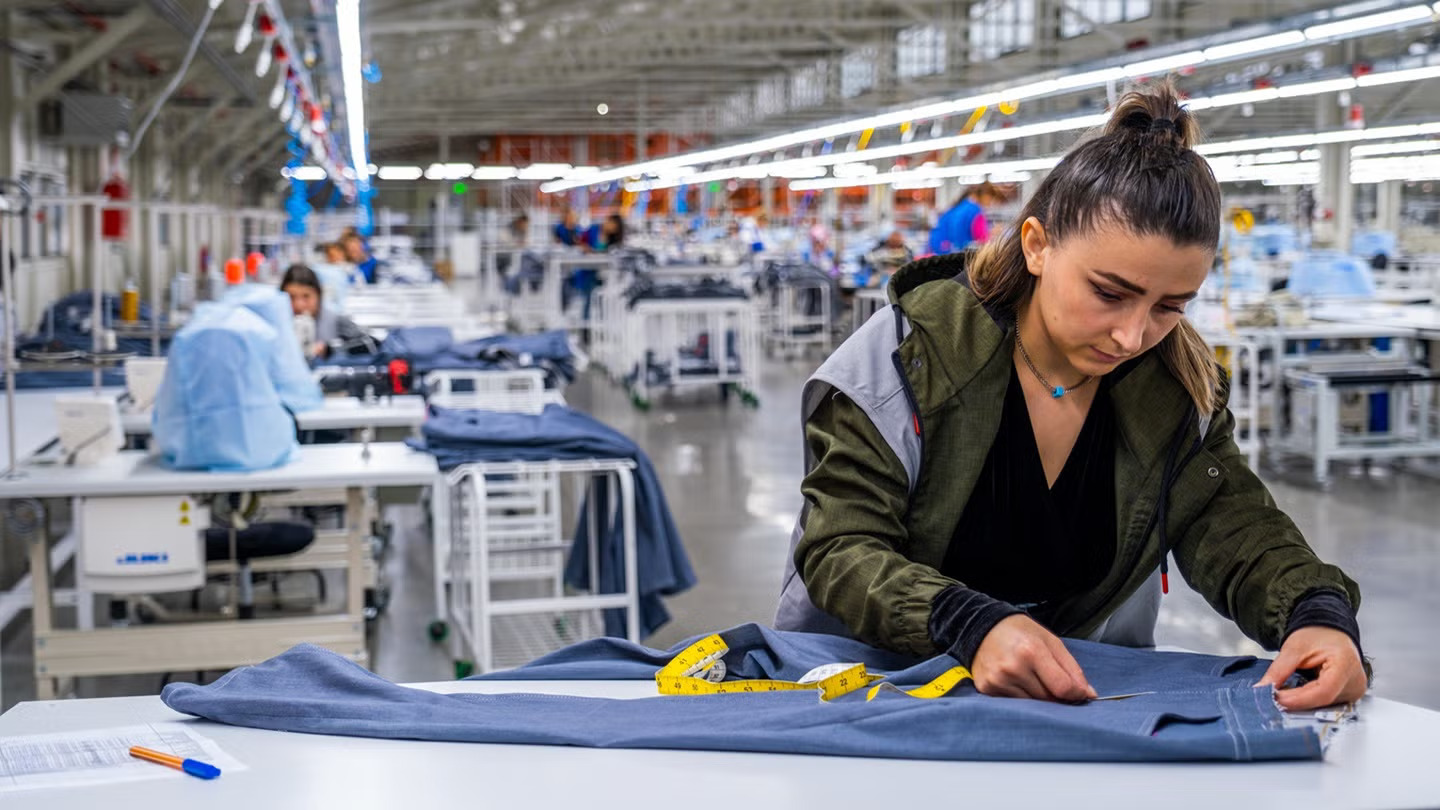FW
Walmart has joined the Cotton LEADS program that supports responsible production practices by cotton growers. Ken Lanshe, Walmart’s Vice President, General Merchandise, Technical, Quality and Sustainability says through the Cotton LEADS program, Walmart hopes to learn from and collaborate on efforts that US cotton farmers are taking to be responsible and sustainable producers.
Walmart joins over 480 companies worldwide which recognises both the environmental gains cotton growers in Australia and the United States continue to achieve and their commitment to meeting the challenge of growing sustainable cotton.
Mark Messura, Senior Vice President Global Supply Chain Marketing at Cotton Incorporated, a founding member organisation of the Cotton LEADS™ program explains, the program is at the forefront of the world’s efforts for sustainably-sourced cotton. Joining Walmart in the Cotton LEADS™ program brings the scale and commitment of an industry leader together with the leaders in cotton sustainability and responsibly-sourced cotton.”
The Cotton LEADS™ program is a joint effort of the Australian and US cotton industries. Its founding members are Cotton Australia, the Australian Cotton Shippers Association, the Cotton Foundation, the National Cotton Council of America, Cotton Council International and Cotton Incorporated. The program is designed to raise awareness about responsible growing practices and commitment to continuous improvement among cotton producers in the member countries.
VF Corporation, a global leader in branded lifestyle apparel, footwear and accessories, has joined the Fur Free Retailer program by partnering the Fur Free Alliance, an international coalition of 43 animal protection organisations. As a Fur Free Retailer, VF is reinforcing its commitment to fur free products and communicating a no fur policy, which covers more than 20 brands, including Vans, The North Face, Timberland, Wrangler, Lee and Napapijri. VF released its first-ever Animal Derived Materials Policy earlier this year and announced that its brands would no longer use fur, angora or exotic leather.
The online Fur Free Retailer list, provides consumers accurate information on a retailer’s fur policy, which permits them to make informed purchasing decisions. Letitia Webster, Vice President of Global Corporate Sustainability at VF Corp says, joining the Fur Free Retailer program, VF and reiterates they are serious about animal welfare. Sustainability and respect for nature are fundamental values for VF and all our brands and we will continue to partner with respected animal-rights organisations and like-minded companies to promote the development of viable commercial substitutes to animal materials.
In 2014, VF’s brand The North Face announced its Responsible Down Standard (RDS), a global standard through which any brand can evaluate and certify its complete down supply chain. The RDS was developed in partnership with Control Union and Textile Exchange, which now manages the program. Currently, 80 other brands from the outdoor, apparel and home industries have initiated certification of their supply chains through the RDS. The North Face® uses 100 per cent certified down across all product lines.
Taiwan-based garment manufacturer Quang Viet Enterprise, has shown interest in Vietnam’s swimwear makers King Hamm Industrial, for purchasing stock valued at $11.4 million by participating in a rights issue. The purchase is expected to give Quang a 42 per cent stake in one of Vietnam’s biggest swimming and functional wear supplier.
King Hamm, manufactures and supplies high-end swimwear as well as functional wear for the export market that is targeted at large international brands such as North Face and Under Armour. Quang’s down jackets are purchased by high-end brands like Nike, Adidas and North Face among others. Quang Viet showed an interest in buying 13.65 million new shares that were issued by King Hamm to the Taiwan Stock Exchange. The shares were issued at the rate of New Taiwan dollar 24.5 per piece.
Recently, Quang showed an interest in expanding its base in the Middle East. It was looking to acquire 60 per cent stake in Atlanta Garment Manufacturing Company, based in Jordan at$ 2.7 million, as Quang anticipates sales growth of 15 per cent Y-o-Y next season. The total gain to accrue from both these acquisitions in the next calendar year is expected to range between $52 million to $57 million.
The Sustainable Apparel Coalition (SAC) has released early registration of the Higg Facility Environmental Module (Higg FEM), a self-assessment tool that globally standardises sustainability measurement for apparel, footwear, and textile manufacturing facilities. The Higg FEM, optimised for use at an industrial scale, enables factories of any size, anywhere in the world, to assess sustainability performance and easily share results with supply chain partners.
The improved Higg Facility Environmental Module breaks down silos created by the lack of transparency in our industry, informs SAC CEO Jason Kibbey disclosed. With the Higg FEM, supply chain partners can better see one another's performance and make valuable sustainability improvements in factories around the world. Developed by the SAC, Higg FEM helps businesses at all tier in the value chain collectively perform better by decreasing the negative environmental impact of manufacturing while saving money and improving their performance and relationships with supply chain partners.
Currently used by over 8,000 businesses globally, the updated version helps further reduce audit fatigue and improve performance benchmarking by measuring water use, waste, emissions, and assessing chemicals management with increased analytics. The robust tool permits business partners to successfully collaborate to drive performance improvement across the value chain.
The Pakistan government has permitted cotton imports from India to meet growing demand from key textile industry, however, it placed a tough set of rules for consignments. “Pakistan is likely to start issuing permit for import of cotton from India through the land route in a next few days under new tough conditions that may not fully ease already imposed restrictions on trade,” said an official.
Pakistan, is the world’s fourth largest cotton producing country, is currently short of around four million bales a year to meet the domestic demand of nearly 16 million bales. Officials say, a permit from the Department of Plant Protection of Pakistan’s food ministry is mandatory, under the new phytosanitary conditions, for import of unprocessed cotton, including raw or seed cotton, cotton lint, linters, cotton waste and cotton stuffing from its neighbour.
The National Plant Protection Organisation would inspect and test the consignments as per necessary procedures and further ensure the cotton is free from biosecurity pests. The goods must be clean and free of contaminant seed, soil and plant debris and other bio-security risk material prior to arrival in Pakistan. Naseem Usman, Chairman of Karachi Cotton Brokers Association expects import of around 0.7 million bales from India this year. Usman said textile mills have signed import contracts of 1.8 million bales from countries, including US, Brazil, South Africa and the Middle East.
Textile ministry’s official says, stringent conditions are a must to protect any threat to local cotton crop. Due to flawed cotton ginning process in India, it has been observed that cotton seed are also found in the imported consignments. “This seed may contain diseases and carry eggs of various insects and pests. So, it is important to allow import of cotton after going through all phytosanitary requirements. Despite this Usman argued Indian cotton is good in quality, while it would be convenient for them to buy from India, as delivery time is short and price is feasible.
DL1961 and Lenzing AG have announced another innovative partnership to make DL1961 denim more sustainable. Using Lenzing’s Refibra™ branded lyocell fibres, DL1961 is creating a new denim blend that utilises renewable wood sources and employs a supplementary proportion of recycled cotton scrap to create a garment that is sustainable and innovative yet maintains its premium quality, feel and fit.
Refibra™ fibres, the new generation of TENCEL™ branded lyocell fibres, are made from wood pulp that contains a supplementary proportion of cotton scraps from cutting operations. Lenzing is the first manufacturer to offer man-made cellulosic fibres featuring recycled material on a commercial scale and is a pioneer in this technology.
Bringing down the need to extract additional raw materials from nature, helps reduce the impact on the environment. Refibra™ fibres have thus initiated an important step towards circular economy for textiles by re-using a certain proportion of cotton scrap. What’s ground-breaking about Refibra™ fibres is that it combines both advantages, recycling of cotton scraps and an innovative sustainable production process.
The re-introduction of GT Korea, a garment machinery and textile industry trade show, is expected to boost South Korea’s presence as a global sewing powerhouse. To be organised by the Korea Sewing Machinery Industrial Association (KOSMIA), South Korea-based private exhibition organiser SeoulMESSE International, sewing industry magazine Monthly Bobbin Journal and sales agency Jes Media.; GT Korea 2018 will be held at the Korean International Exhibition Center, Ilsan, Gyeonggi from November 14 to 16, 2018.
South Korea is one of the top sewing nations worldwide, yet it did not get an opportunity to host a specialised exhibition at an international scale following recession in the domestic market.
A recent survey by Monthly Bobbin Journal notes over 90 per cent of sewing industry firms felt a need to hold a South Korean exhibition for garment machinery and textiles. KOSMIA, the former organizer of SIMEX (Seoul International Sewing Machinery Exhibition) and GT Korea 2018’s other organisers were prompted to re-introduce and provide a new title for GT Korea — which hasn’t been held since SIMEX in 2005 — to showcase South Korea’s importance in the international sewing market, while also ensuring international companies also get a platform to display new developments and innovations in these areas.
Around 400 booths and 120 companies are expected to participate in four exhibition categories at GT Korea 2018. These include: garment machinery and parts; textile machinery and parts; fabric and technical textiles; and non-woven. participating countries will include China, Indonesia, Taiwan and Vietnam.
Archroma, a global leader in colour and specialty chemicals, announced its first-ever collaboration with G-Star RAW. G-Star RAW recently introduced a new capsule collection of denim coloured using Archroma’s EarthColors, a range of dyes made from recycled plant waste.
Archroma’s EarthColors range recently came into the limelight for being awarded the Gold Winner of the OutDoor Industry Award 2017, Sustainable Innovations category.
Archroma’s EarthColors is a line of patented plant-based dyes, sourced from up to 100 per cent renewable resources. The company developed EarthColors using non-edible waste products from agriculture and herbal industries to replace petroleum derived raw materials which are currently the conventional raw materials used to synthesize dyes. This gives brands an alternative when looking for more natural ways of dyeing garments and become more eco-friendly.
The three gorgeous colours available in the capsule collection, ‘Dark Plum’, ‘Asfalt’ and ‘Mazarine Blue’, are made from the non-edible parts of beetroot and saw palmetto that is the left over by-product from agriculture industry waste or herbal extraction.
The collection is available November 1, 2017, and is available online.
Frouke Bruinsma, Corporate Responsibility Director, G-Star RAW exults, “As denim innovators we’re always striving to challenge conventions – both in terms of style and future-proof processes. The introduction of EarthColors into G-Star’s jeans’ collection represents a successful collaboration with Archroma and the embodiment of our sustainable mindset which guides our product design from start to finish.”
` Paul Cowell, Global Head of Brand Marketing, Brand & Performance Textile Specialties, Archroma announced, “G-Star is the very first denim brand to collaborate with Archroma to create a collection of coloured jeans. By doing so, we hope they will inspire more denim brands and retailers to switch to sustainable dyeing ingredients that, like EarthColors, allow creating gorgeous colours – and at the same time are so much gentler on our planet. Because it’s our nature.”
Garment manufacturers are apprehensive of an over 15 per cent drop in exports in 2017-18 to $14 billion, from $17 billion a year ago, because of a reduction in duty drawback reimbursement rate and rebate on State levies (ROSL) following the implementation of the Goods and Services Tax (GST).
Garment exporters, which employs over 12 million people, may have to retrench half the workforce by the end of the financial year if the government doesn’t redress the situation. The industry fears a 39 per cent drop in exports of garments in November as well. Sudhir Sekhri, Chairman at Garment Exporters Association, stated average profitability prior to GST was 4-5 per cent of the turnover. Due to reduction in drawback rate and rebate of state levies rate, they are losing 6.5 per cent of the profit.
Outsourced services like embroidery and knitting were initially taxed at 18 per cent but the rate was later lowered to 5 per cent. There was no tax on job work or outsourced services and air freight. That’s changed after GST. Air freight is taxed at 5 per cent. Exporters have urged the government to expedite refunds as it has blocked their working capital. Banks too are unwilling to lend. Borrowing more is hurting profitability.
The Federation of Indian Chambers of Commerce and Industry (FICCI) has stated the draft textile policy of UP includes a lot of the chamber’s suggestions, such as open access for existing as well as new units, capital subsidy for new and existing units over and above the technology upgradation fund scheme (TUFS).
According to L K Jhunjhunwala, Chairman of FICCI UP State Council all this would help in attracting investments in value added segments and generate employment. Jhunjhunwala and S K Khandelia, co-chairman, FICCI textiles committee recently attended a meeting with the state chief minister Yogi Adityanath to discuss the draft textile policy.
Some of the other suggestions by FICCI which the state government may like to consider include higher subsidy on electricity tariff, Rs 20 crore subsidy for each cluster or park in addition to the central government’s subsidy of Rs 40 crore, making raw materials like cotton available to the sector at competitive rates by setting off the high freight cost, a detailed plan for revival of sick textile units and a dedicated scheme for supporting skill development in garment making, processing and technical textiles.

